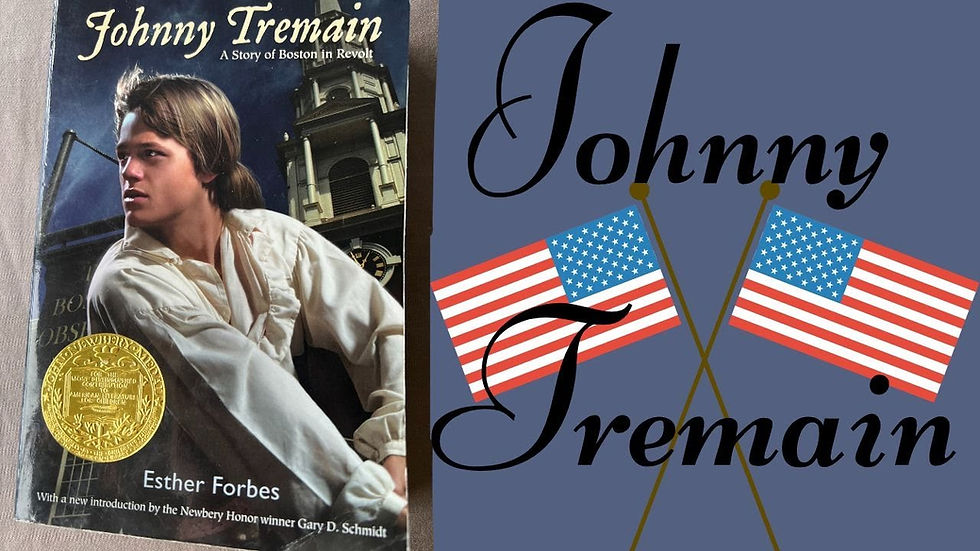Oliver Twist by Charles Dickens (3/5)
- Filipe D.
- Feb 19, 2024
- 2 min read
Oliver Twist by Charles Dickens, was published monthly from 1837 to 1839 through Bentley's Miscellany magazine. Oliver Twist is a historical fiction book that tells the story of Oliver Twist, a 9 year-old orphan boy that was unintentionally brought to a life of crime in London. The book outlines child labor and manipulation. Oliver Twist was born inside a metal working factory in which his mother did not survive his birth and father was not in the picture. Oliver was taken to a factory in which other kids lived poorly, barely getting enough food and working for Mr. Bumble. Oliver and his friends decided to send a representative to request for more food in which Oliver was unfortunately chosen, this incident infuriated the leaders of the factory and a bounty of 5 pounds to take Oliver away from them was set, Oliver’s future became unsure until Mr. Sowerberry took him in, unfortunately many at his household did not enjoy Oliver’s presence and becoming part of the family became difficult. After some unfortunate occurrences Oliver is later also kicked from Mr. Sowerberry’s household. His new guardian, Fagin, takes advantage of children and teaches them a life of pickpocketing and crime. The book is quite interesting to read as many children had to live like Oliver and his friends until not so long ago when child labor was banished in the U.S. During the 1930’s, children were expected to work as their parents could not provide enough money to support the entire household, this impaired the children’s education, and many children chose a life of crime above working. The author clearly states his opposing stance to child labor and the repercussions it causes like the deaths of innocent orphan children and lack of education. Child labor was a big issue in the U.S. up until the 1930’s. Later abolished in 1938, child labor impaired the lives of children as they were unable to attend school regularly as they had to work to support their families, increasing the amount of Americans unable to read and write. Oliver Twist criticized these issues cleverly by presenting a tale in the perspective of the child worker and the difficulties they have to go through to have a roof above their heads and a bed.




Comments